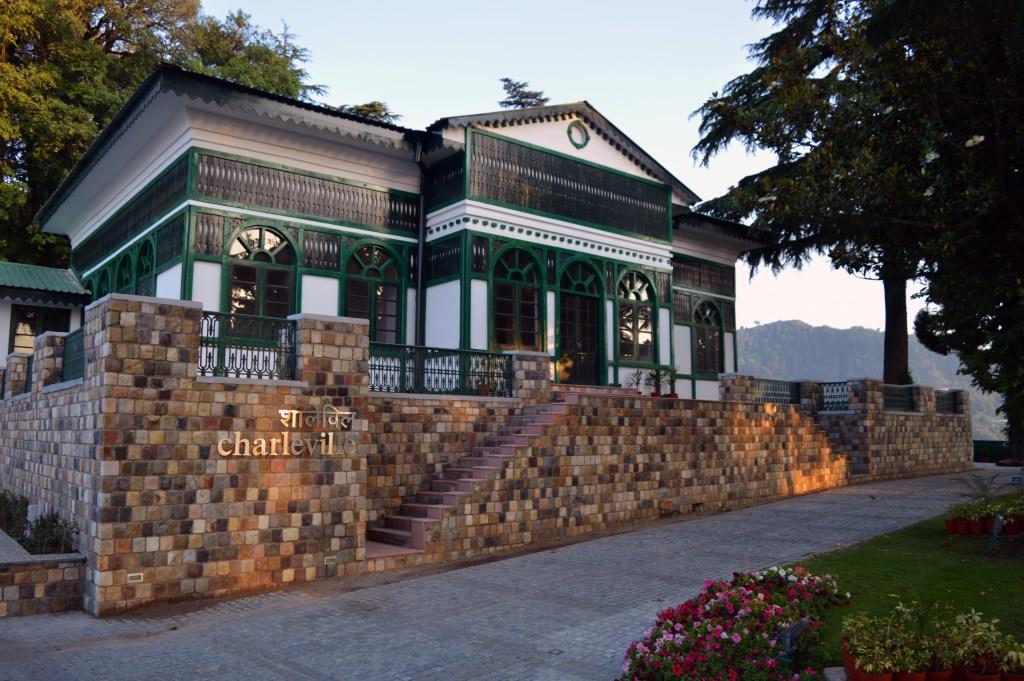An Internet ombudsman with experts in various fields can be an effective antidote to unregulated technological disruptions. Comment. (200 Words)
Refer - The Hindu
Enrich the answer from other sources, if the question demands.

IAS Parliament 5 years
KEY POINTS
Governments and private companies are using the Internet as ‘a means of control and surveillance, extending from cases of fraud detection, storage and exchange of criminal and financial records to those of political surveillance and control’.
‘Control’ and also data theft
· On the privacy front, even after the Supreme Court of India had declared privacy as a fundamental right, the government insisted on affidavit in the top court that informational privacy or data privacy cannot be a fundamental right.
· The Aadhar Act diluted the notion of ‘privacy’ and the standard of proportionality test set up by the Supreme Court. In an ongoing dilemma, even the ‘Aarogya Setu’ app is battling to satisfy the conscience of privacy overseers. The clear impression is that the government is more interested in ‘control’ than ‘protection’ of data.
· India’s cybersecurity watchdog, CERT-In, last year reported huge data theft of Facebook and Twitter users by malicious third party apps. Reportedly, more than 1.3 million credit and debit card details from Indian banks and the data of 6.8 million users from an Indian health-care website were stolen in the same year.
Private firms and elections
· Private data analytics companies have emerged to exploit the electoral process with the sole objective of customising political messaging. While the customisation of political messaging is not per se illegal, it certainly is unlawful to indulge in unauthorised data mining and collection by the industry.
· The present legal framework leaves these menaces outside the ambit of election laws as they were framed in a time and space that was primitive when compared to contemporary technological advancements.
Regulation and independence
· Should there be a gatekeeper to balance appetites for technology, security and privacy? The answer is yes, so long as the gate keeper is for regulation, not surveillance, and so long as it is completely and genuinely independent.
· Far-reaching exemptions, in large measure swallowing the rule, have been carved out where personal data can be processed. Section 35, which provides the government with unfettered access to personal data, negates the three tests of legality, necessity and proportionality given by the Supreme Court in Justice K.S. Puttaswamy (Retd.) vs Union Of India.
· The Bill also allows State and private parties to process personal data without obtaining consent and such broad exemptions would not only open the floodgates for misuse but also reduce India’s prospects of entering into bilateral arrangements for law enforcement access.
· Only an Internet ombudsman with experts on cyber and Internet laws, IT, data management, data science, data security, public administration and national security, and consciously involving eminent sections of civil society, can be an effective antidote to unregulated technological disruptions.
emily 5 years
kindly review it.

IAS Parliament 5 years
Try to underline the key points and include data to support your answer. Keep Writing.

Pavankalyan 5 years
Please review

IAS Parliament 5 years
Try to include about CERT-In, and data to support your arguments. Keep Writing.

K. V. A 5 years
Pls review

IAS Parliament 5 years
Try to include about the role of CERT-In. Keep Writing.